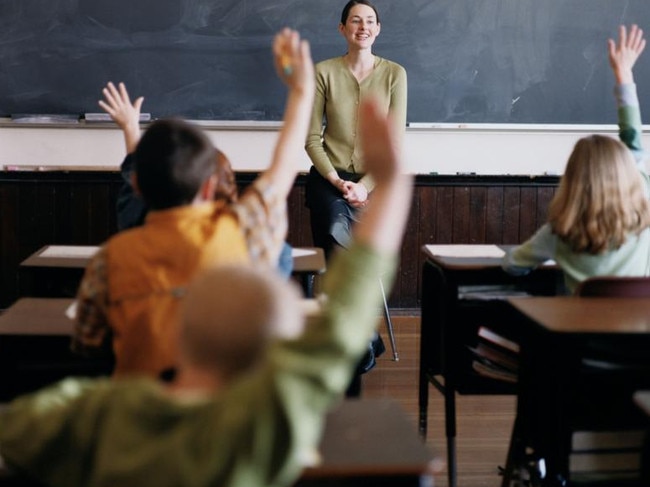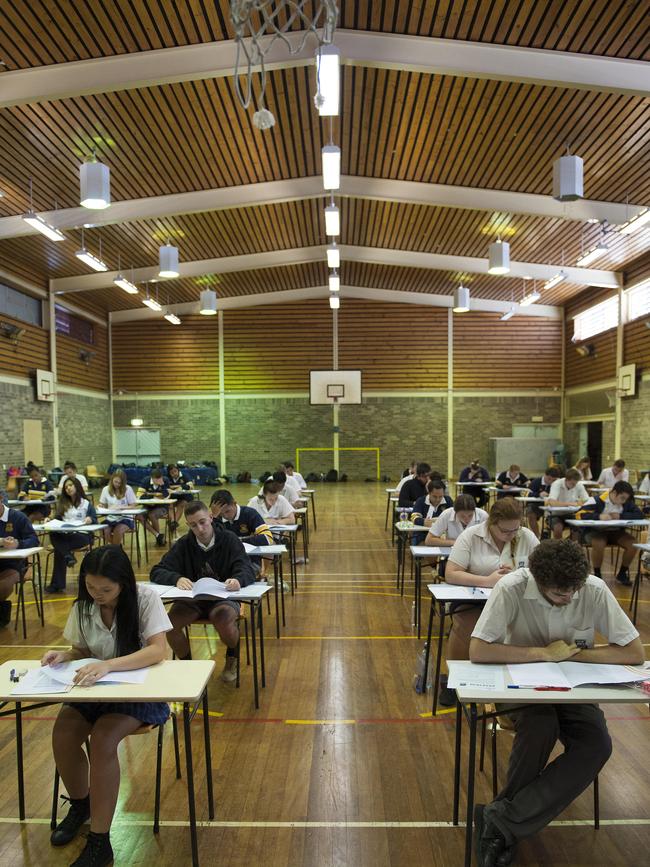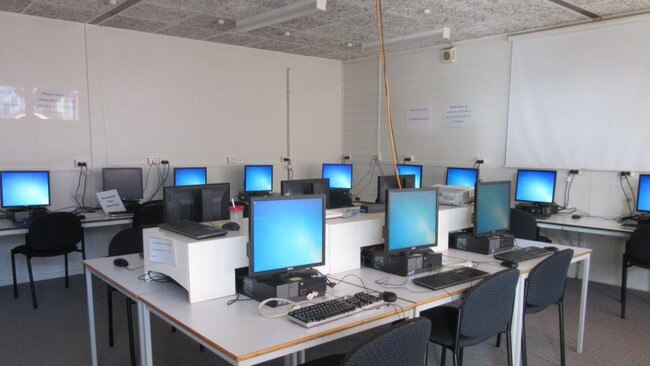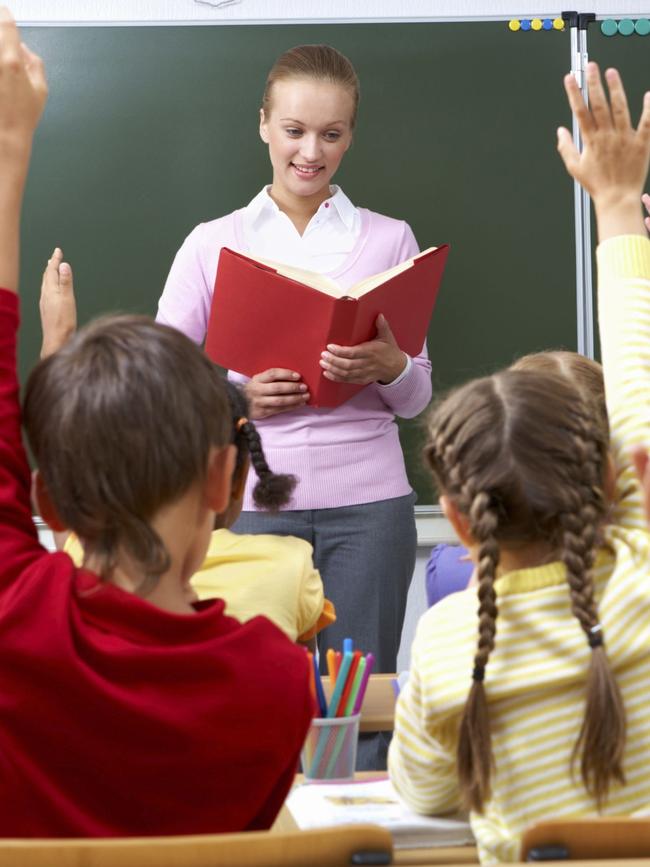Parents the difference when it comes to educating our kids
When I heard the latest news about NSW’s performance in the most recent NAPLAN tests, I wasn’t all that surprised that the results weren’t great.

Opinion
Don't miss out on the headlines from Opinion. Followed categories will be added to My News.
Every family has its little legends, its tales of woe or heroism that get recounted time and again at family barbecues and lunches.
In ours, a favourite tale is the time Dad — i.e. me — went calmly but comprehensively off on an English instructor on parent-teacher night after learning she had spent an entire term making her class analyse greeting cards and toy catalogues for signs of the dreaded “patriarchy”.
Which is why, when I heard the latest news about NSW’s performance in the most recent NAPLAN tests, I wasn’t all that surprised that the results weren’t great.
After all, if you’ve just spent 12 weeks debating whether painting Tonka trucks pink would get more girls to play with them or just reinforce stereotypes, it’s little wonder the rules of what to do with a semicolon might have passed you by.
In any case, there must be a lot of nonsense going on in English classrooms across the state, to judge by the latest tranche of NAPLAN data.
Grammar and punctuation abilities are down across years 5, 7, and 9.

RELATED NEWS
Stress less on test: principal
Time to put NAPLAN tests on trial
Tassie’s NAPLAN report card a worry
Nearly 10 per cent of Year 9 students are failing to meet the benchmark for those skills. Shockingly, only 93.3 per cent of Year 9 students scraped past the minimum standard for reading — less than last year, and less than when the tests began in 2008.
Of course blame is easy to find.
With a thoroughly politicised Australian Curriculum that seeks to shoehorn indigenous culture into science classes and climate change into just about everything, it’s a wonder that our kids are learning anything at all.
It’s also easy — and not entirely wrong — to blame feral Lefties in the education departments and those teachers’ ed programs that admit students with basement-level ATARs for these NAPLAN results.
And that’s before we get into screen time, the “crowded curriculum”, celebrity culture, trendy “let the kids work it out for themselves” teaching styles, and everything else that stands between our children and the sunlit uplands of diagrammed sentences where our young will be able to write a complex paragraph of English and have all the tenses agree at last.
But what if the problem, fellow parents, is not (just) the schools, or the curriculum, or the technology, but us?

Last year the Varkey Foundation, an international organisation devoted to improving education for the disadvantaged, surveyed 27,000 parents around the world.
The results were depressing but not surprising.
Australian parents, the study found, spent just 4.4 hours per week “engaging with their child’s learning”.
Some 27 per cent of Australian parents surveyed said they spent zero time helping their children academically, while 23 per cent said they spent between two and four hours on such activities per week.
Compare this to a global average of 6.7 hours and you start to see the problem.
In Singapore, which tops the OECD’s Program for International Student Assessment (or PISA) rankings, parents spend an average of 7.9 hours per week helping their kids.
In India, where education officials have recently decided to rejoin the PISA program — suggesting they’re pretty confident of how they’ll perform — after sitting the tests out for 12 years, 95 per cent of parents help their kids with their schoolwork.
Given Singapore’s intense work culture and India’s relative (but improving) poverty, parents in these countries could easily plead time or money pressures, but don’t.
Meanwhile here in Australia, we have instituted a national curriculum which was supposed to give everyone the same high-quality education, set up a national testing program (NAPLAN) to measure how we’re going, and poured billions into schools through the Gonski reforms. Yet our performance has been on a steady downwards glide path compared to other countries, both on PISA and TIMSS (the Trends in International Maths and Science Study).

Likewise we have had Liberal governments — which are supposed to hold the line against the worst excesses of classroom political correctness — in Canberra since 2013 and Macquarie Street since 2011.
And yet neither the state nor the feds have been able to do anything about sliding standards, much less this idea — as succinctly put by a local private school headmaster recently in an interview with another newspaper — that “a Campbell’s soup ad is just as worthy a form of text as Joseph Conrad”.
Which means that it is up to parents, who admittedly will already feel up against it in terms of time and money pressures.
And while most parents think they are doing pretty much everything they can, the Varkey Foundation numbers suggest that there’s still room for improvement, across the average.
Because as much as we would like to think that our tax dollars and school fees were enough to get the job done, education cannot be a set-and-forget exercise. And looking around the world, the secret sauce that makes for educated kids may ultimately not be something cooked up by ministers or bureaucrats or implemented by teachers, but what we all do at home.
To put it another way, with so much else arrayed against excellence, it may just be that the only thing standing between mediocrity and our kids is us.
Watch James Morrow on Outsiders every Sunday morning on Sky News, 9 to 11am.


